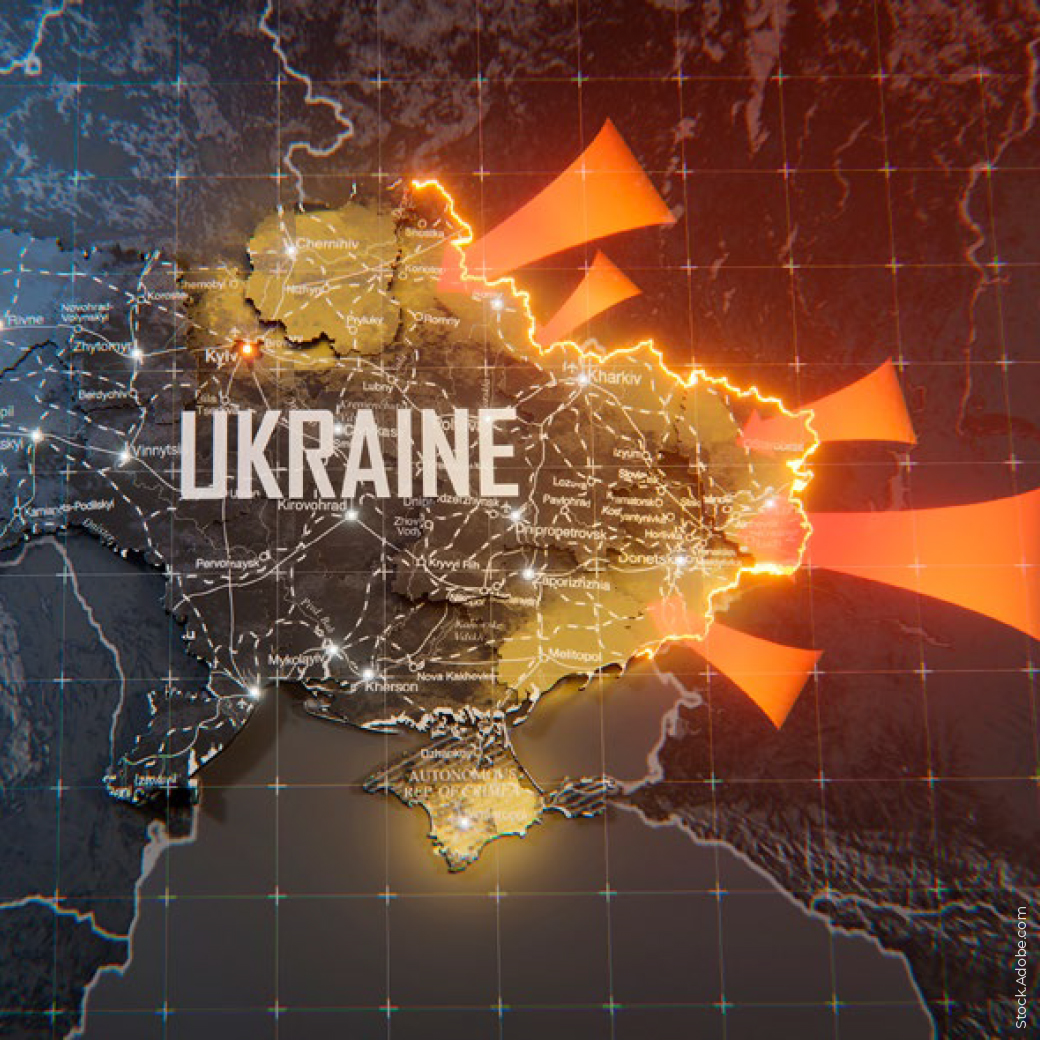Double Critique Revisited, Or Does It Matter Who is the Most Legitimate Victim?
Main Article Content
Abstract
The full-scale Russian invasion of Ukraine has accentuated the parallel existence of discordant and impervious narratives – the global anticolonial and the more local anti-Soviet/Russian. Caught up in their victimhood rivalry, both narratives demonstrate their inability to engage in pluriversal thinking and be ready to sacrifice their privileges, real or symbolic. The invasion has also shown the poverty of
the global theory that continues to flounder in the swamp of emasculated universalism or to grab on to the provincial and ignorant ”stand pointism” unable to practice solidarity with anyone and for anything. These are disturbing signs of a surrender to modern/colonial futureless agonistics that seeks to spite the enemy rather than to generate anything constructive. In its early years decolonial option stressed the importance of double critique. Today the double critique often shrinks to a one-sided rejection of the straw-manned collective west, while decolonial thinkers too easily pardon dictators and rogue states who manipulatively use their anti-Western rhetoric. Paradoxically, this bias reproduces the same modern/colonial paradigm which decoloniality claims to delink from while dismissing Ukrainians as mere victims or dispensable lives. The essay analyzes the reasons for this current dangerous binarization in decolonial thinking and reflects on possible ways for revamping the complexity of the double critique and hopefully, for reimagining decoloniality in the 21st century.
Article Metrics Graph
Article Details

This work is licensed under a Creative Commons Attribution 4.0 International License.


 https://orcid.org/0000-0002-0727-2098
https://orcid.org/0000-0002-0727-2098



